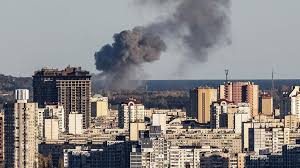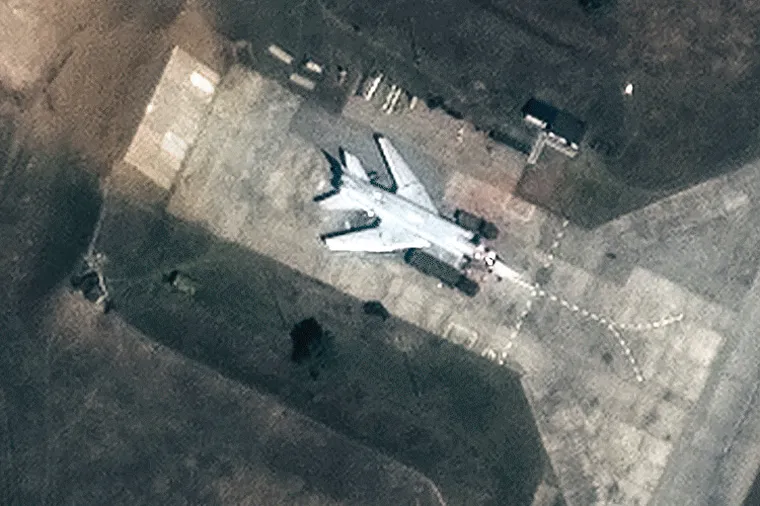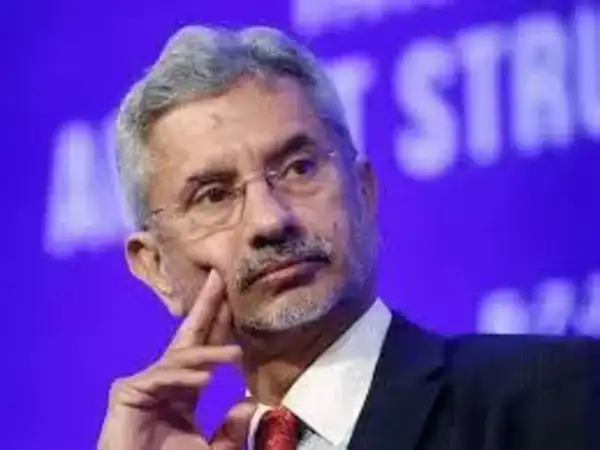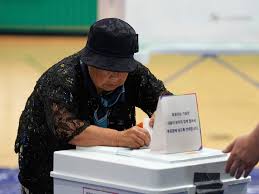Israel strikes Gaza Strip hours after it intercepts rocket fire
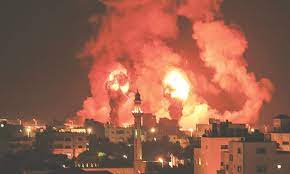
NEW DELHI: The Israel Defense Forces (IDF) struck in Gaza Strip early Thursday (February 2), hours after it had intercepted a rocket fired from Gaza towards Israel. Taking to Twitter, the IDF said its fighter jets struck a production site for raw chemical material production, along with a weapon manufacturing site belonging to Hamas. "The IDF holds Hamas responsible for all terrorist activity emanating from Gaza and it will face the consequences of the security violations against Israel," the IDF said in a subsequent tweet.
There were no casualties reported on either side. A report by the news agency Reuters on Thursday said that videos from the Israeli army showed its airstrikes targeted rocket and weapon production sites used by Hamas. The explosions shook buildings and lit up the night sky over Gaza. Nobody has claimed responsibility for Wednesday's rocket launch.
Meanwhile, the armed wing of the leftist Democratic Front for the Liberation of Palestine said it launched rocket salvos at Israel early on Thursday in response to the air strikes by the IDF.
This exchange of fire comes as the Israeli-Palestinian conflict has further intensified over the mass shooting at a synagogue in East Jerusalem which killed seven, an Israeli raid in the Jenin refugee camp in West Bank that killed 10 Palestinians and a cross-border rocket fire from the Gaza Strip in retaliation to the raid.
Last year, around 235 people were killed in the conflict, with nearly 90 percent of the casualties on the Palestinian side, a report by the news agency AFP said. In January alone, Israeli forces killed 35 Palestinians, including attackers, militants and civilians, the report added.
On Tuesday, the United States Secretary of States Antony Blinken, who was on a tour of the Middle East, urged both sides (Israel and Palestine) to prevent further bloodshed, as he expressed sorrow for innocent Palestinians killed in months of spiralling violence in the West Bank.
Blinken held talks with Palestinian president Mahmud Abbas in the West Bank city of Ramallah, following meetings with Israel's Prime Minister Benjamin Netanyahu and other cabinet ministers. "What we're seeing now for Palestinians is a shrinking horizon of hope, not an expanding one, and that too, we believe, needs to change," the top Washington diplomat said in Ramallah.


